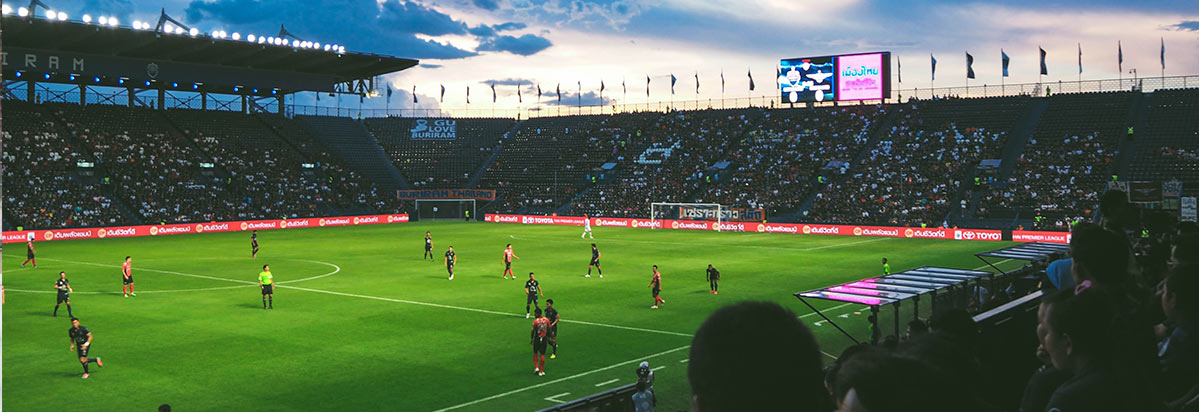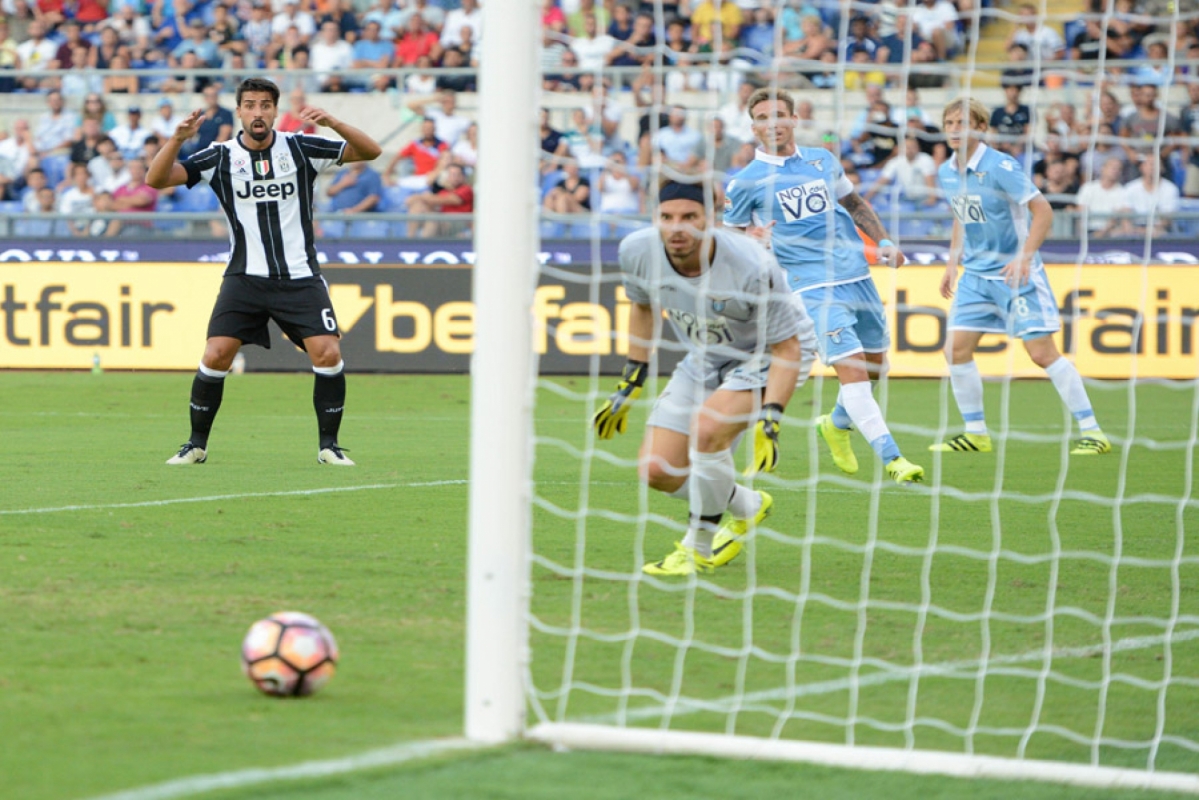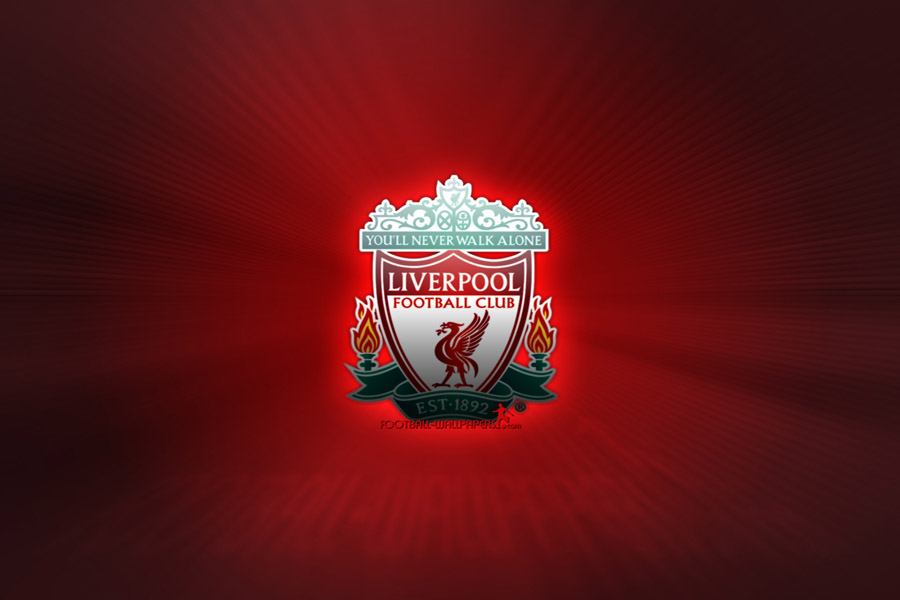
Any athlete, in order to express himself at his best, has to be aware of the close bond between the “sport” that he practises and his “psychology”.
Many footballers focus their work only on the technical level and they often close their career with satisfactory, but not excellent results. The secret of many “champions” is the Professional Psychological Consultancy. The footballer creates with the Sports Psychologist a relationship that goes from the motivational aspects to the awareness that everybody must have his own personality features. A champion is a “machine” that becomes “perfect” if it is managed at 360 degrees. The professional relationship between the footballer and his Sports Psychologist allows the analysis of all processes that characterize his physical performance with the set-up of that awareness that is necessary to improve the technical and tactic learning.
International research has confirmed how professional footballers that are followed by a Sports Psychologist improve their performances of more than 60% and are more satisfied than the athletes who don’t follow that path. A professional football player improves his performances if he understands that his season, his results and his single performance are influenced by the psychological perceptions that he lives. The Psychological Sports Consultancy is fundamental to improve his own mental approach.
What does he do
Helps the athlete to:
To improve the capacity of performance and readiness represented by impulses, feelings, and will;
Treat symptoms and discomforts such as agonistic performance anxiety, depression, panic, eating disorders;
Handle emotions;
Prepare for competitions with the right mental approach;
To deepen the knowledge of personality to express himself at his best.
Why does he do it?
Psychological intervention aims at:
• Refining sports practice;
• handling intense psychic situations such as aggression, anxiety, pressures of "forced outcome";
• increasing the sense of self-esteem;
• reducing concentration or performance cuts in the final phase of the season.
How does he do it
• Studying the various components of the sport phenomenon;
• performing subjective examination with interviews, tests, direct field observations and specific tools;
• following the 360-degree athlete from training to team relationships, from the introduction in a new team to the transfer in a new club, from emotional reactions, such as success or failure, from the analysis of supporters, to competitive behavior, from the anxiety from performance to the obliged result, such as victory.
For whom he does it
• "Top Player"; Football players and professional athletes who want to optimize their performance and well-being;
• the team that wants to solve collective problems and build a winning, positive and evolving "mental approach";
• young players and athletes suffering from specific symptoms such as anxiety, panic, somatizations, various pains and risks compromising their career;
• athletes who have to re-elaborate an injury or be immediately put on high levels after a stop.




